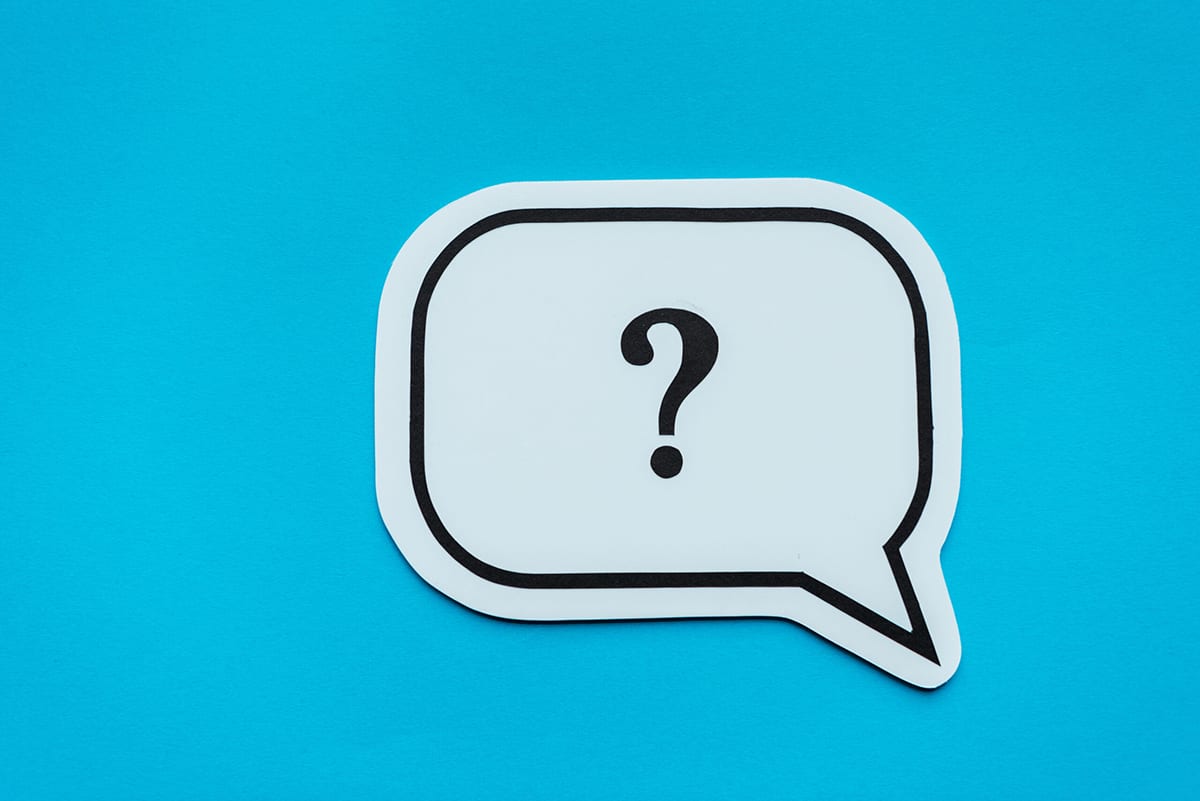What does... "strategy" actually mean?
In his column "What does... actually mean?" Benno Maggi looks at terms from the marketing and communications sector. This time the term "strategy" and why it is used inflationary.

Today, that is no longer possible. The world is more complex, faster and more unpredictable than it was a few years ago. Of course, strategies are needed. But please not for everything! Is nevertheless the meaning of the word according to dictionary an exact plan of the own proceeding, which serves to reach a military, political, psychological, economic or the like. Goal to reach. One tries to calculate those factors, which could play into the own action. Sounds complicated. It is. That's why it's surprising how inflationary the word is being used everywhere.
The proof of the pudding is in the eating
Everyday life is full of strategy meetings in which strategy consultants present strategy papers on strategy change, which are then to be strategically implemented by the subordinates. Preferably by proceeding strategically. This can then be quite exhausting for everyone. After all, it is not everyone's cup of tea to think or act strategically. So why not just do it and try it out, instead of waiting until the strategy is developed or adopted.
Because then it might be too late for action. So be careful the next time you hear the word. And you should be skeptical of people who call themselves "strategists" and pronounce it in German, not only because they torture the local understanding of the language. The German words for this are Stratege or Strategin.
Speaking of English: According to the Oxford Dictionary, the term was "strategy" first mentioned in 1616 in John Bingham's "The Tactiks of Aelian - art of embattailing an army after y Grecian manner". A frequency measurement from the same source confirms that the use of the word first increased before the First World War, then before the Second World War, and since the Cold War it has been used continuously more and is currently experiencing the biggest boom ever. So it's statistical evidence, not anecdotal evidence: strategy has become the buzzword.
No wonder, because there are now strategies for everything, even if they are not strategies and even where they are not needed. It would therefore be desirable if more creative trial and error were to characterize our everyday life again than strategies. After all, we are not at war here, but only in marketing.
* Benno Maggi is co-founder and CEO of Partner & Partner. He has been eavesdropping on the industry for over 30 years, discovering words and terms for us that can either be used for small talk, pomposity, excitement, playing Scrabble, or just because.







